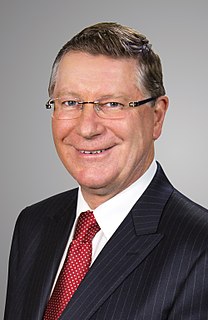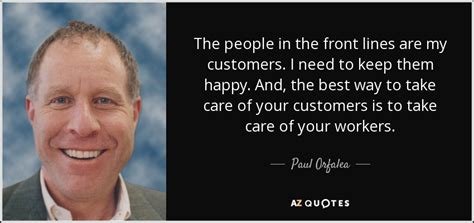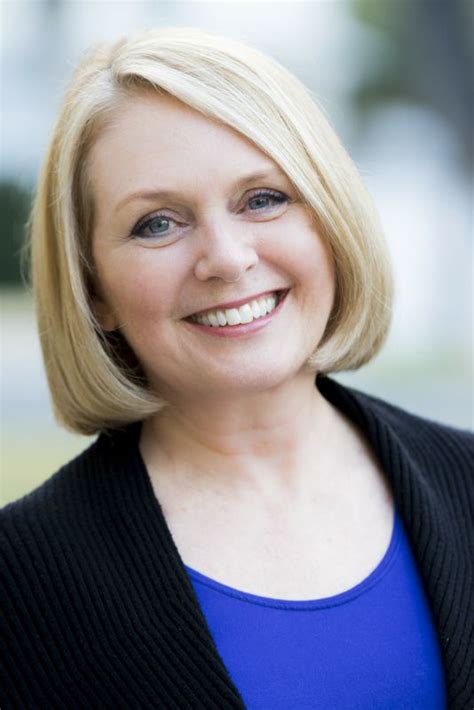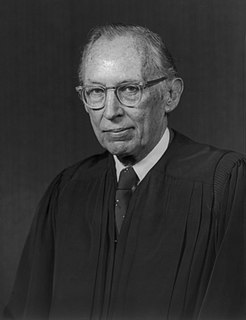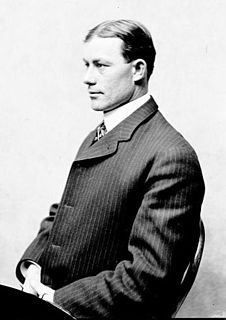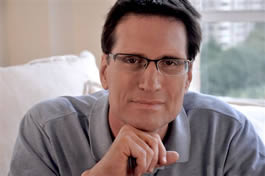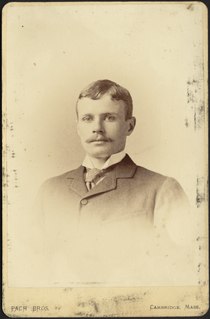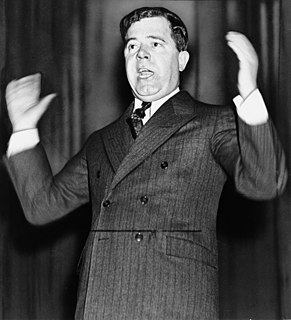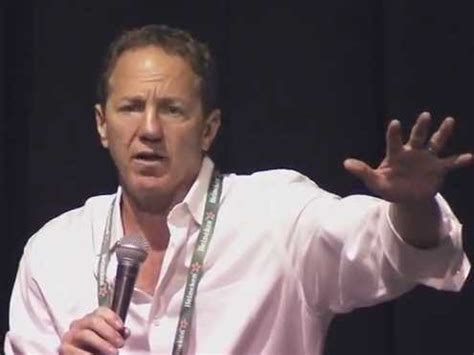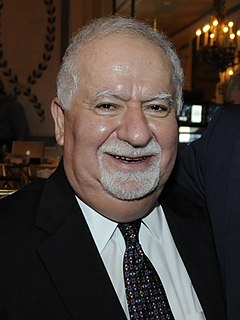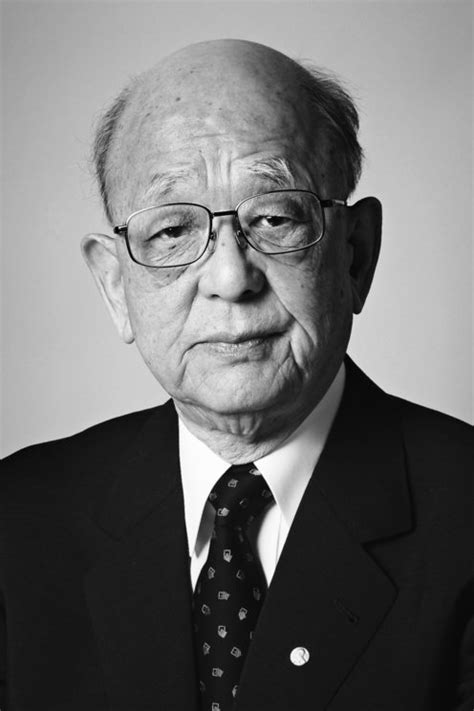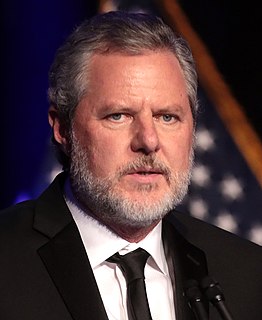Top 768 Universities Quotes & Sayings - Page 11
Explore popular Universities quotes.
Last updated on November 13, 2024.
If you look at America, one of the great strengths of America is its university towns and the way a lot of their businesses and a lot of their innovation and enormous economic growth have come from reducing that gap, getting those universities directly involved in start-up businesses, green field businesses, new development businesses.
Kids that are allegedly better students are in an elitist class in first and second grade and then they go to their high schools, they go to their universities and the normal dumb shits like me are down at the bottom. These people go to elitist schools and they replicate their elitist thoughts in the corporations.
We have seen the civil rights movement insist on re-writing many of the textbooks in our universities and schools. The labor unions likewise insist that textbooks be fair to the viewpoints of organized labor. Other interested citizens groups have not hesitated to review, analyze and criticize textbooks and teaching materials.
There's nobody in the world that wouldn't change places with the Americans. The economy is phenomenally large, the entrepreneurial class is very alive and very well, the universities, despite budget problems, still turn out something like 90 percent of the refereed academic and technical articles in the world. There's a lot on everybody's agenda.
I'm focused on the next generation, because I think it's very hard to break the habit of adults who've got salt and sugar addictions and just ways of being in this world. It's very hard even for the most enlightened people at famous universities that are very wealthy to spend the money that it takes to feed the students something delicious.
America's founding fathers did not intend to take religion out of education. Many of the nation's greatest universities were founded by evangelists and religious leaders; but many of these have lost the founders concept and become secular institutions. Because of this attitude, secular education is stumbling and floundering.
The industries closest to Google - media, advertising, and entertainment - are affected first. But the avalanche that is Google and the internet will overtake all industries and institutions - carmakers, bankers, universities, government - as we undergo a fundamental restructuring of the economy and society. Every industry and institution would be wise to understand the need for handing over control, for transparency, for collaboration and speed.
I say that our system of tests and grades, as it now exists, is one source of the low yield of great men from our universities. The marking system is a traumatic experience from which most students emerge with a deep determination never to get into a situation where they can be marked again. They just won't ever again take a chance.
The 1980's was the first time in the history of imperialism that people from the imperial society went in substantial numbers to stay with the victims in the hope that their presence would offer some protection and some help. These were not the usual students from elite universities. These were people straight out of middle America.
The BBC has tended over the years to be broadly liberal as opposed to broadly conservative for all sorts of perfectly understandable reasons. The sort of people we've recruited - the best and the brightest - tended to come from universities and backgrounds where they're more likely to hold broadly liberal views than conservative.
What we seek to advance, what we seek to develop in all of our colleges and universities, are educated men and women who can bear the burdens of responsible citizenship, who can make judgments about life as it is, and as it must be, and encourage the people to make those decisions which can bring not only prosperity and security, but happiness to the people of the United Sates and those who depend upon it.
In the 2013 Economists Program, we hired 51 percent women, 49 percent men. And the reason for that is that we have a draft from all over the world, and we've hired, for instance, in that group, a good number of Chinese economists - highly qualified, all Ph.D.s from the best universities of the world. And guess what? They're all women.
As the popular trust in science fades - and many sociologists say that's happening today - people will develop a distrust of purely "scientific" psychology. Researchers in the universities haven't picked up on this; they're more interested in genetics and computer models of thinking than ever. But, in general, there is a huge distrust of the scientific establishment now.
We must have books for recreation and entertainment, as well as books for instruction and for business; the former are agreeable, the latter useful, and the human mind requires both. The cannon law and the codes of Justinian shall have due honor, and reign at the universities; but Homer and Virgil need not therefore be banished. We will cultivate the olive and the vine, but without eradicating the myrtle and the rose.
I used to ask myself why American universities are financed through endowments. Now I know: During the early days of America, the state was poor and when citizens wanted to set something up, they needed to collect money themselves. Historically, this was different in Europe. There used to be a strong state, a monarch or a king. He provided money.
There can be no solution to the challenge of climate change that is not global. But if we can come together in partnership, we can transform today's challenge into tomorrow's opportunity - an opportunity for green growth and sustainable prosperity... we also need a strong bottom-up push from academics and opinion-shapers such as you. Universities such as yours are founts of ideas and innovation. They are furnaces of innovation and entrepreneurship. So, send forth this word.
The answers to our problems don't lie beyond our reach. They exist in our laboratories and universities; in our fields and our factories; in the imaginations of our entrepreneurs and the pride of the hardest-working people on Earth. Those qualities that have made America the greatest force of progress and prosperity in human history we still possess in ample measure.
The public/private partnerships are taking various forms in India. It is individuals who are socially oriented are setting up schools. They're setting up colleges. They're setting up universities. They're setting up primary-education schools in the villages, particularly the villages their original families came from.
Of course, the Clintons are not only corrupt but cynical as well. They accept that the progressive media, the foundations, the universities, the bureaucracies, Hollywood, and Silicon Valley honor power more than trendy left-wing politics; they well understand that their fans will, for them, make the necessary adjustments to contextualize Clinton criminality or amorality.
The discipline of colleges and universities is in general contrived, not for the benefit of the students, but for the interest, or more properly speaking, for the ease of the masters. Its object is, in all cases, to maintain the authority of the master, and whether he neglects or performs his duty, to oblige the students in all cases to behave toward him as if he performed it with the greatest diligence and ability.
Mark Zuckerberg recently announced that he will donate $45 billion of his wealth to philanthropy. Two years ago, my husband and I decided to endow $100 million to set up the SOHO China Scholars. This program will give financial aid to Chinese students so they can attend the best universities in the world.
It was a time of turmoil at colleges and universities. And I saw some very smart people and very privileged people behaving irresponsibly. And I couldn't help making a contrast between some of the worst of what I saw on the campus and the good sense and the decency of the people back in my own community.
Public discourse degenerated. There's no longer a place for intelligent debate at universities, where people just work for degrees and careers. My own experience was how my trade union's lively branch debates dwindled to a few people round cups of coffee. There's a climate of people frightened to say what they think for fear of offending someone.
If you look at virtually all of the issues of importance to the people of America - issues like making public colleges and universities tuition-free - Hillary Clinton is now on record for doing that for people making $125,000 a year or less. You know what? That is pretty revolutionary. That will transform the lives of millions of families in this country. That's what Clinton stands for.
We are moving in exactly the wrong direction in higher education. Forty years ago, tuition in some of the great American public universities and colleges was virtually free. Today, the cost is unaffordable for many working class families. Higher education must be a right for all - not just wealthy families.
Every company, regardless of size, is competing for the same pool of talent, which is why top recruiters can even command equity for finding key hires. Internships give startups a chance to hire the best and brightest from our universities at a fraction of the cost that these same minds will command when they receive their degrees.
Universities used to prepare young adults for the real world. I dare say the graduates today go in without a clue and graduate without a clue. It's time to acknowledge the college degree is not worth what it was in the past. Times are changing, and so is the way we prepare our youth to survive in a competitive world.
People like Bernie Sanders and Alexandria Ocasio-Cortez have been very busy educating America about just how much socialism we have, from Social Security to Medicare to public schools to public universities, and how much we love that. The truth is that there is no pure socialist or capitalist economy on earth.
If conservatives come to control the White House and both Houses of Congress, there will be very little change in Hollywood, the network evening news, universities, church bureaucracies, the New York Times, or the Washington Post. Institutions that are overwhelmingly left-liberal will continue to misinform the public and distort public discourse.
Human history has become too much a matter of dogma taught by 'professionals' in ivory towers as though it's all fact. Actually, much of human history is up for grabs. The further back you go, the more that the history that's taught in the schools and universities begins to look like some kind of faerie story.
[Before the time of Benjamin Peirce it never occurred to anyone that mathematical research] was one of the things for which a mathematical department existed. Today it is a commonplace in all the leading universities. Peirce stood alone-a mountain peak whose absolute height might be hard to measure, but which towered above all the surrounding country.
Education and training for all children to be equal in opportunity in all schools, colleges, universities, and other institutions of training in the professions and vocations in life; to be regulated on the capacity of children to learn, and not on the ability of parents to pay the costs. Training for life's work to be as much universal and thorough for all walks of life as has been the training in the arts of killing.
When I re-read the Odyssey, it felt like I was reading PD James or Minette Walters - you feel that you are sharing in something that hundreds of millions of people have read with love, and I think that this is worth holding onto. It is not a matter of canonical texts or elitism, which the universities are trying to make us wary about. It is about shared language and metaphor and experience and imagery and that is all good.
The battle against good and evil is raging now! Look at your television programming and movie advertisements presenting the occult…the demonic…the satanic…the practice of witchcraft and sorcery in popular books…the open hostility toward Christianity and the revival of anti-Semitism. The fight is on for the hearts and minds of our children in ours homes, our schools, our universities, and our society.
If you look at the curricula of most universities and schools in this country [USA], considering our long encounter with the Islamic world, there is very little there that you can get hold of that is really informative about Islam. If you look at the popular media, you'll see that the stereotype that begins with Rudolph Valentino in The Sheik has really remained and developed into the transnational villain of television and film and culture in general.
Traditionally, universities have seen size as potentially dilutive to quality. If you doubled the size of campus and faculty, most would argue that you would make it a less compelling school. However, online schools will be as good as their classroom peers only if they are large enough to afford a substantial and ongoing investment.
Fox News is no monopoly. It is a singular minority in a sea of liberal media. ABC, NBC, CBS, PBS, NPR, CNN, MSNBC vs. Fox. The lineup is so unbalanced as to be comical - and that doesn't even include the other commanding heights of the culture that are firmly, flagrantly liberal: Hollywood, the foundations, the universities, the elite newspapers.
I notice that young men go to the universities in order to become doctors or philosophers or anything, so long as it is a title, and that many go in for those professions who are utterly unfit for them, while others who would be very competent are prevented by business or their daily cares, which keep them away from letters.
Some incubators, like Y Combinator and TechStars, were started by successful entrepreneurs wishing to help the next generation learn from their experiences. Other programs, such as Viterbi Startup Garage and Austin Technology Incubator, were created by universities to help young entrepreneurs bridge the knowledge gap from student to funded company.
I grew up in Orangeburg, South Carolina, which has the proud distinction of being the home to two of the eight Historically Black Colleges and Universities in the state: South Carolina State University and Claflin University. When I was a kid riding around town with my grandfather, we often drove by the colleges.
That is the future, and it is probably nearer than we think. But our primary problem as universities is not engineering that future. We must rise above the obsession with quantity of information and speed of transmission, and recognize that the key issue for us is our ability to organize this information once it has been amassed - to assimilate it, find meaning in it, and assure its survival for use by generations to come.
There are many in East Asia who simply judge students on the basis of national tests. The top universities in the United States do not do that, and for good reason. We need a careful process for admissions that take all sorts of factors into account: different intellectual strengths, artistic expression, economic standing, social background, ethnicity, regional representation and designs a class as a balanced whole.
Including my nine years as a student, the majority of my life has been at Hokkaido University. After my retirement from the university in 1994, I served at two private universities in Okayama Prefecture - Okayama University of Science and Kurashiki University of Science and the Arts - before retiring from university work in 2002.
Like other universities do, Liberty hosts a number of events for outside organizations, businesses, and schools simply because we have the facilities that can accommodate them. It is a form of community service by Liberty and, because we are centrally located in the state, our campus is a good option for state events.
My dad got a job as a professor at Virginia Commonwealth University. He teaches biology and genetics. My dad has been obsessed with science his whole life. Both my paternal grandparents were illiterate bamboo farmers, so he really worked his way up and then got a Ph.D., full ride and everything, from universities in America.
If you truly don't have competition, then zoom out until you can define some. Competition can be as simple as the reliance on the status quo, Microsoft (since at some point Microsoft will compete with everyone for everything), or researchers in universities. Pick something, because saying you have no competition at all is a nonstarter.
The main thing is to have a soul that loves the truth and harbours it where he finds it. And another thing: truth requires constant repetition, because error is being preached about us all the time, and not only by isolated individuals but by the masses. In the newspapers and encyclopedias, in schools and universities, everywhere error rides high and basks in the consciousness of having the majority on its side.
Pittsburgh has long sent more than our fair share of young people to defend this country, and our universities are already building the cyber-security workforce of the future. But the training can start earlier, and there is no better group of young people to help us get there than the students who choose JROTC.
